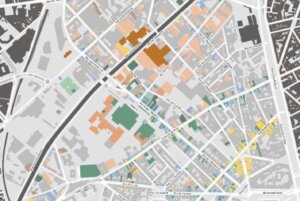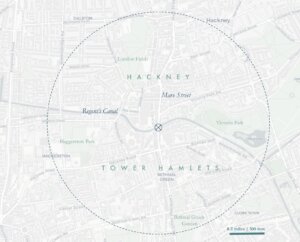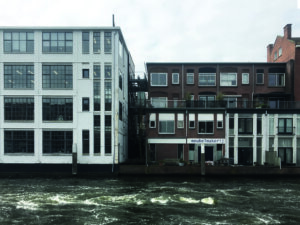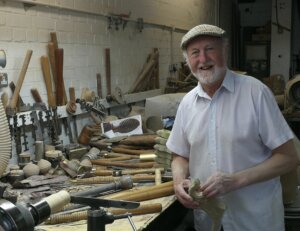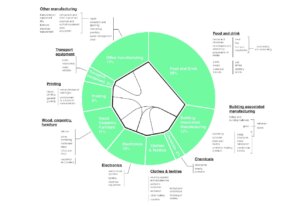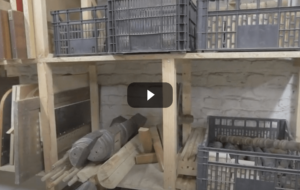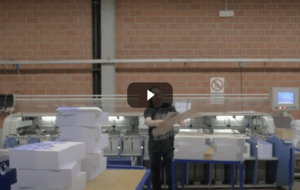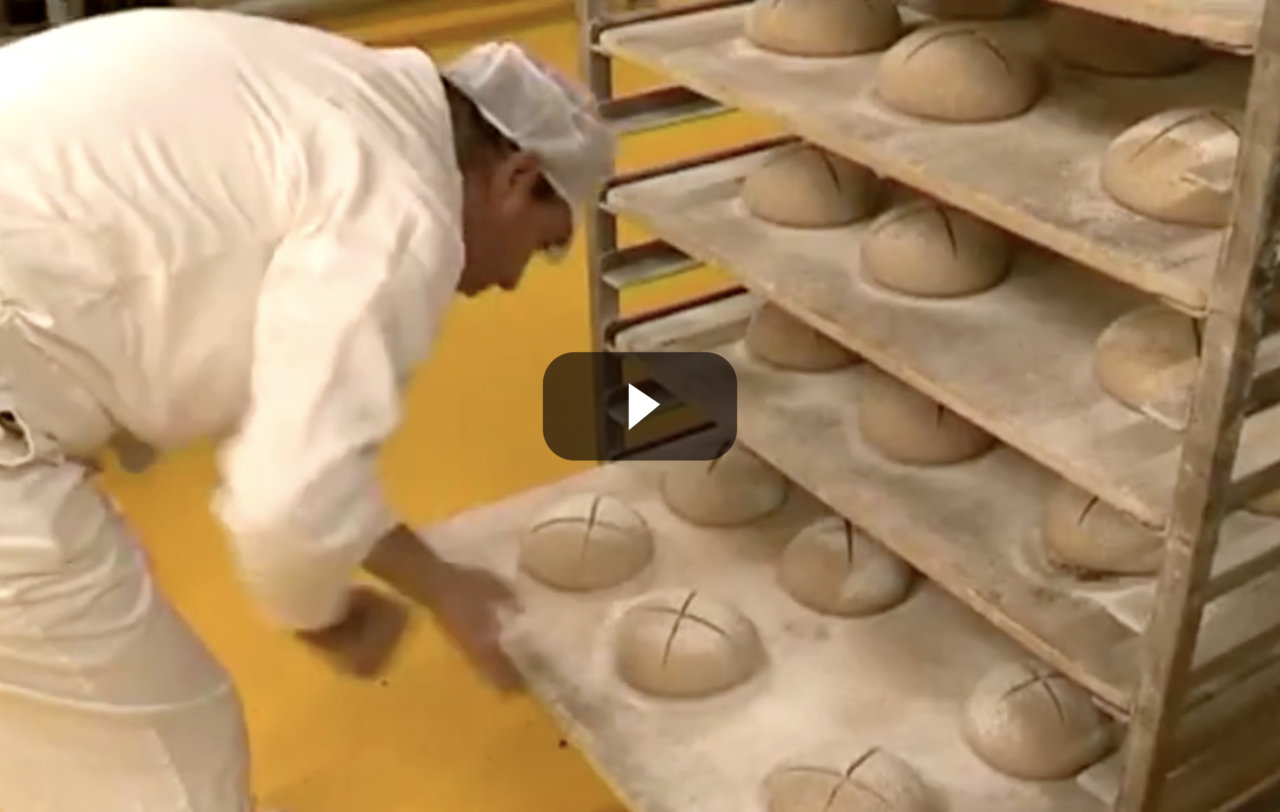
Profiles: Löwy & La Wetterenoise – Brussels
©BXL1
Food is a 'foundational' form of making often well embedded in cities. Bread has been increasingly produced at scale and automate which is allowing bakeries to move further and further out of the city. Furthermore, as bakeries are becoming larger, they're increasingly also becoming incompatible with urban areas due to potential fire risks and logistics issues. However there is increasing demand for locally produced good quality bread. Local producers are looking for ways to afford manual labour while producing bread at both the quality and price that the market is prepared to pay for. How can we have both local and affordable? Where should it occur - in cities or on the fringes? The Brussels based baker, Löwy, offers an insight into how they managed to adapt their business after a catastrophic event and how they see their future within the city.
Baking in Brussels
Löwy is an artisanal baker and the retail face for La Wetterenoise. Both are located in the Drogenbos neighbourhood at the south of Brussels, in a city known for having a baker on every other corner in some parts of the city. They’re positioned somewhere in the top 20 bakers in Belgium, however they’re small in comparison with the largest competitor.
Resilience
Löwy was located closer to the city centre. While the company had grown organically since the 1940’s, it was starting to receive complaints from new neighbours in a slowly gentrifying neighbourhood. Furthermore, while their facility was well suited to logistics (with an enclosed inner courtyard) they were subject to the typical challenges of logistics in a congested city centre. Around a decade ago, a fire started which caused a significant amount of damage to the building and essentially halted production. This forced the company with either the need to adapt or go bankrupt. They chose for the former and found a solution to keep producing by distributing their production chain across Belgium while an alternative location was sought.
Adaptation
An alternative site was found within one of Citydev’s industrial business park (Citydev is the Region’s developer). Their new site was an old building, with half the space of the previous site, on a long-lease turn. While none of these conditions were ideal, it was far worse than not having a site at all. The business soon found that around 2000 sqm was sufficient to produce the same amount of output as they had with twice the amount of space. The move also allowed for updates in production and upgrades in machinery. While production retains its ‘artisanal’ flavour, much of the heavy and cumbersome work is done by machines which has meant that manual labour is invested where it is needed.
Finding a niche
With competition from both larger producers on a crowded market, Löwy is forced to find ways to reduce costs while retaining the quality that identifies their brand. They have chosen to distinguish themselves from both corner-shop bakers and mass producers by stressing the manual touch in their products. Having a shop in Brussels’ city centre is an added bonus for communicating their brand, a rapport that larger producers are not as capable of achieving.
Read more at www.lowy.be.
_

